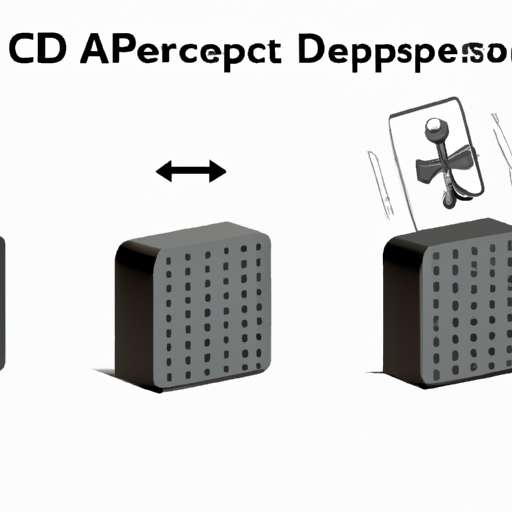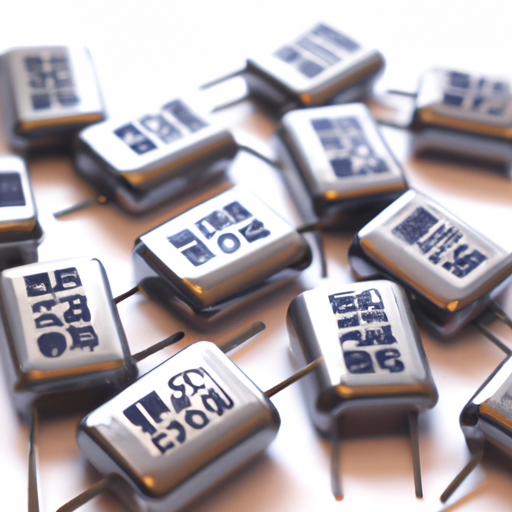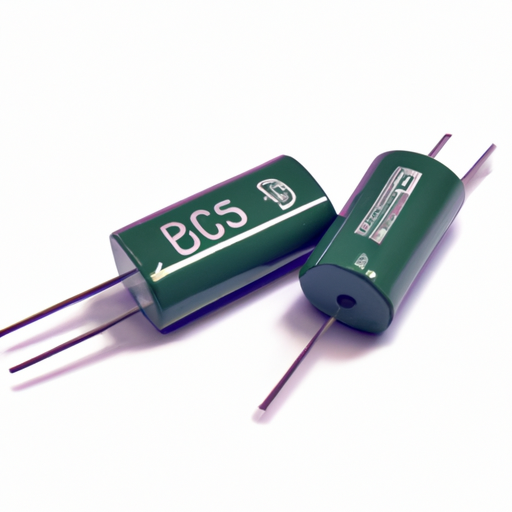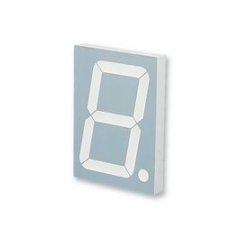What is the purchase price of the latest shunt capacitor?
What is the Purchase Price of the Latest Shunt Capacitor?
I. Introduction
Shunt capacitors are essential components in electrical systems, playing a crucial role in enhancing the efficiency and stability of power distribution networks. These devices are used to improve voltage regulation and provide reactive power compensation, which is vital for maintaining the quality of electrical supply. As technology advances, the market for shunt capacitors continues to evolve, leading to variations in their purchase prices. This article aims to explore the purchase price of the latest shunt capacitors, providing insights into the factors that influence pricing, current market trends, and where to buy these components.
II. Understanding Shunt Capacitors
A. Function and Application in Power Systems
Shunt capacitors are primarily used in power systems to manage voltage levels and improve the overall efficiency of electrical networks. They serve two main functions:
1. **Voltage Regulation**: By providing reactive power, shunt capacitors help maintain voltage levels within acceptable limits, especially during peak demand periods. This regulation is crucial for preventing voltage drops that can lead to equipment malfunction or failure.
2. **Reactive Power Compensation**: Shunt capacitors counteract the inductive effects of loads, such as motors and transformers, which consume reactive power. By compensating for this demand, shunt capacitors reduce the overall reactive power drawn from the grid, leading to improved system efficiency.
B. Types of Shunt Capacitors
Shunt capacitors can be categorized into two main types:
1. **Fixed Shunt Capacitors**: These capacitors have a predetermined capacitance value and are typically used in applications where the reactive power requirement is constant.
2. **Automatic Shunt Capacitors**: These capacitors can adjust their capacitance based on real-time system demands, making them suitable for dynamic environments where load conditions fluctuate.
C. Key Specifications to Consider
When purchasing shunt capacitors, several key specifications should be taken into account:
1. **Voltage Rating**: The maximum voltage the capacitor can handle without failure. It is essential to select a capacitor with a voltage rating that exceeds the maximum operating voltage of the system.
2. **Capacitance Value**: Measured in microfarads (µF), this value indicates the capacitor's ability to store electrical energy. The required capacitance depends on the specific application and load characteristics.
3. **Power Factor**: This specification indicates the efficiency of the capacitor in providing reactive power. A higher power factor signifies better performance.
III. Factors Influencing the Purchase Price
The purchase price of shunt capacitors is influenced by several factors:
A. Material and Manufacturing Costs
1. **Types of Materials Used**: The materials used in the construction of shunt capacitors, such as aluminum, polypropylene, and other dielectric materials, significantly impact their cost. High-quality materials often lead to higher prices but can enhance performance and longevity.
2. **Manufacturing Processes**: Advanced manufacturing techniques, such as automated production lines and quality control measures, can increase production costs, which are then reflected in the final price of the capacitors.
B. Brand Reputation and Quality
1. **Established Manufacturers vs. New Entrants**: Well-known brands with a history of reliability and performance often command higher prices due to their reputation. In contrast, newer manufacturers may offer lower prices to penetrate the market.
2. **Warranty and Service Considerations**: Products that come with extended warranties or robust customer support may be priced higher, reflecting the manufacturer's confidence in their product's quality.
C. Technological Advancements
1. **Innovations in Design and Efficiency**: Newer models of shunt capacitors may incorporate advanced technologies that improve efficiency and performance, leading to higher prices.
2. **Impact of Smart Technology on Pricing**: The integration of smart technology, such as remote monitoring and control capabilities, can also increase the cost of shunt capacitors.
D. Market Demand and Supply Dynamics
1. **Seasonal Fluctuations**: Demand for shunt capacitors can vary seasonally, particularly in regions with significant temperature changes that affect power consumption.
2. **Economic Factors Affecting Demand**: Economic conditions, such as construction booms or infrastructure upgrades, can lead to increased demand for electrical components, influencing prices.
IV. Price Range of Latest Shunt Capacitors
A. Overview of Current Market Prices
The price of shunt capacitors can vary widely based on their specifications and features. Here’s a general overview of the current market prices:
1. **Entry-Level Options**: Basic fixed shunt capacitors can range from $50 to $150, making them accessible for smaller applications or budget-conscious projects.
2. **Mid-Range Products**: Capacitors with enhanced features or higher capacitance values typically fall within the $150 to $500 range. These are suitable for more demanding applications.
3. **High-End Solutions**: Advanced automatic shunt capacitors or those with smart technology can cost anywhere from $500 to $2,000 or more, depending on their specifications and capabilities.
B. Comparison of Prices from Different Manufacturers
1. **Notable Brands and Their Offerings**: Established manufacturers like Siemens, Schneider Electric, and ABB offer a range of shunt capacitors, often at premium prices due to their reputation for quality and reliability.
2. **Price Variations Based on Specifications**: Capacitors with higher voltage ratings, larger capacitance values, or additional features will generally be priced higher. It’s essential to compare similar products across different brands to find the best value.
V. Where to Purchase Shunt Capacitors
A. Online Marketplaces
1. **Advantages of Purchasing Online**: Online platforms often provide a broader selection of products, competitive pricing, and customer reviews that can aid in decision-making.
2. **Popular Platforms for Electrical Components**: Websites like Amazon, eBay, and specialized electrical supply sites like Digi-Key and Mouser Electronics are excellent places to start.
B. Local Electrical Supply Stores
1. **Benefits of In-Person Shopping**: Visiting local stores allows for immediate access to products and the opportunity to consult with knowledgeable staff who can provide expert advice.
2. **Availability of Expert Advice**: Local suppliers often have experienced personnel who can help customers select the right capacitor for their specific needs.
C. Direct from Manufacturers
1. **Bulk Purchasing Options**: For larger projects, purchasing directly from manufacturers can lead to significant cost savings, especially when buying in bulk.
2. **Custom Solutions**: Some manufacturers offer custom capacitor solutions tailored to specific applications, which can be beneficial for unique requirements.
VI. Conclusion
Understanding the purchase price of shunt capacitors is crucial for making informed decisions in electrical system design and maintenance. By considering the various factors that influence pricing, such as material costs, brand reputation, and technological advancements, buyers can better navigate the market. Additionally, exploring different purchasing options—whether online, in local stores, or directly from manufacturers—can lead to finding the best value for their needs. Ultimately, while initial costs are important, it is essential to consider the long-term value and performance of shunt capacitors to ensure a reliable and efficient electrical system.
VII. References
- Industry reports and market analysis documents
- Manufacturer specifications and product catalogs
- Online marketplaces and electrical supply websites
This comprehensive overview provides a structured approach to understanding the purchase price of the latest shunt capacitors, equipping readers with the knowledge needed to make informed purchasing decisions.







